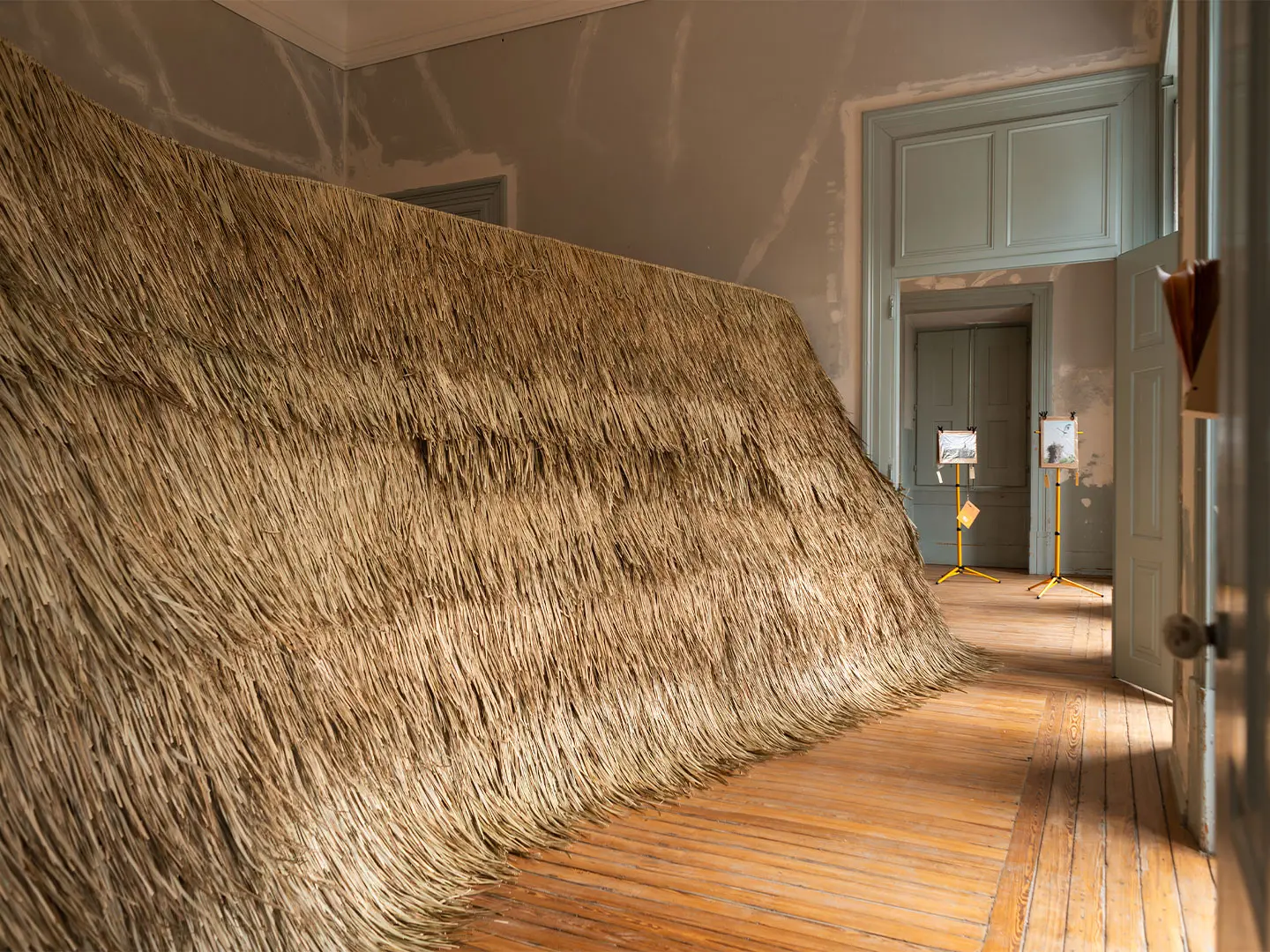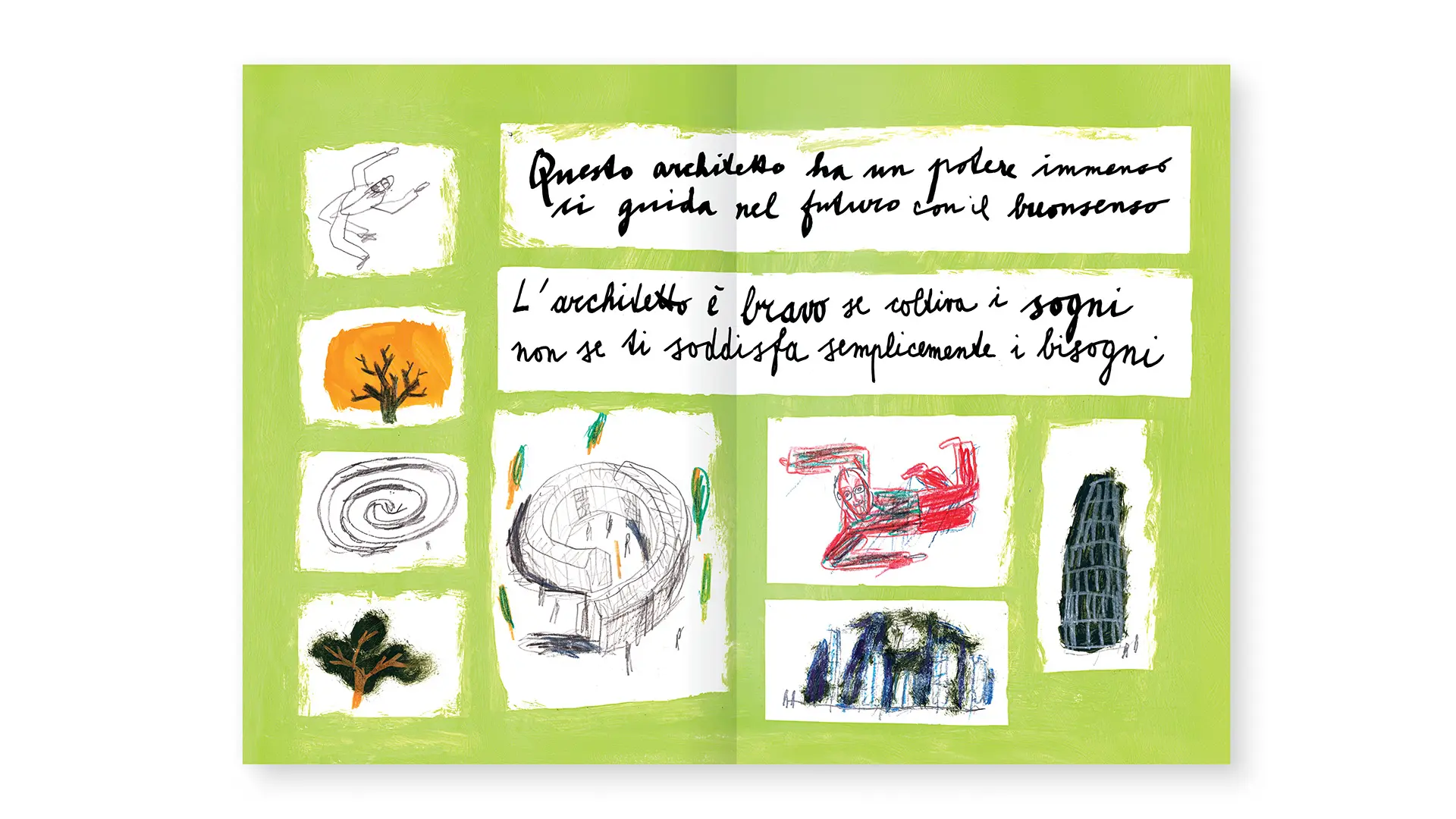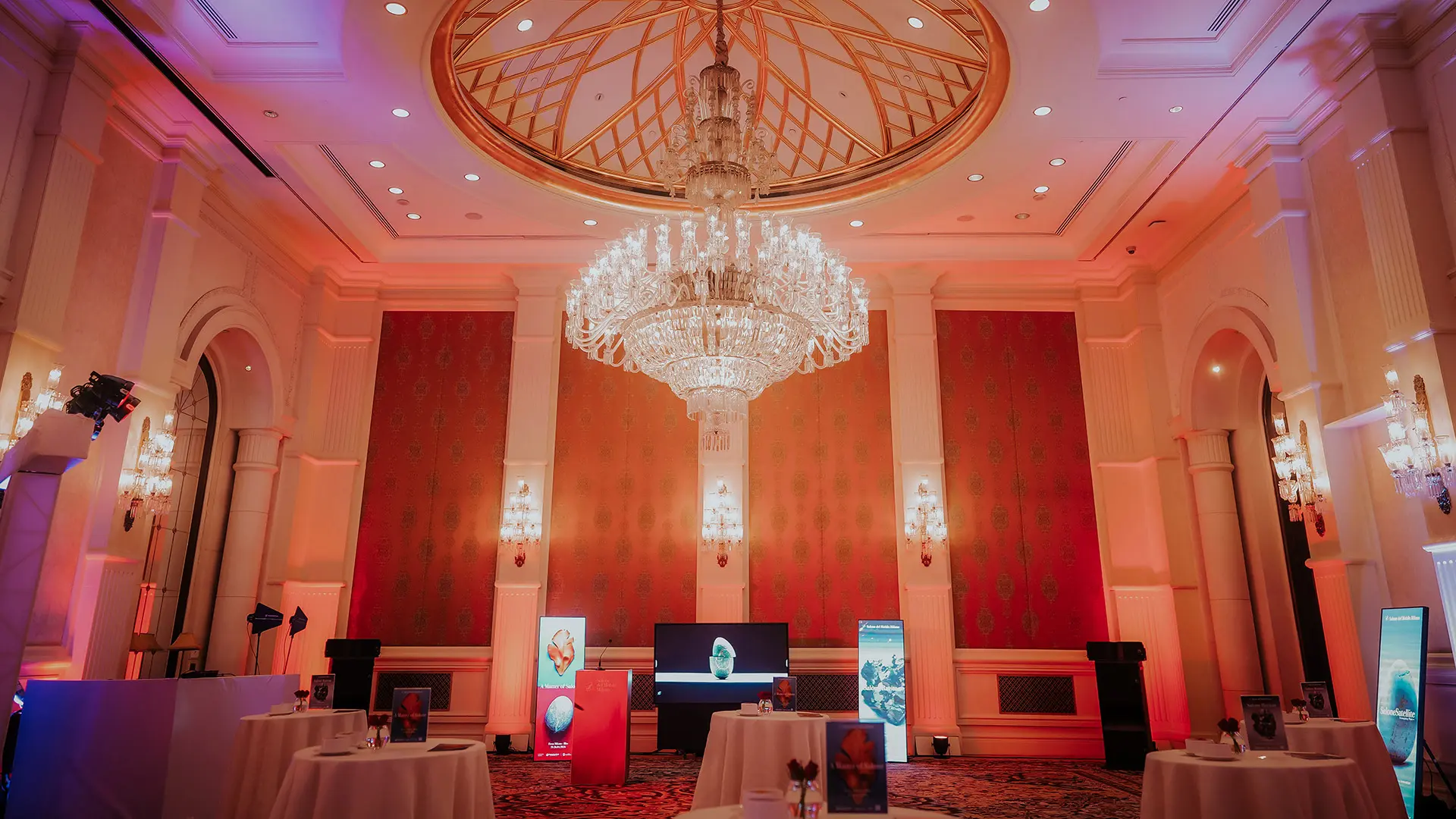With measured colour choices and bolder accents, bathrooms become spaces worthy of note
Lisbon Architecture Triennale 2022, a glimpse of the future
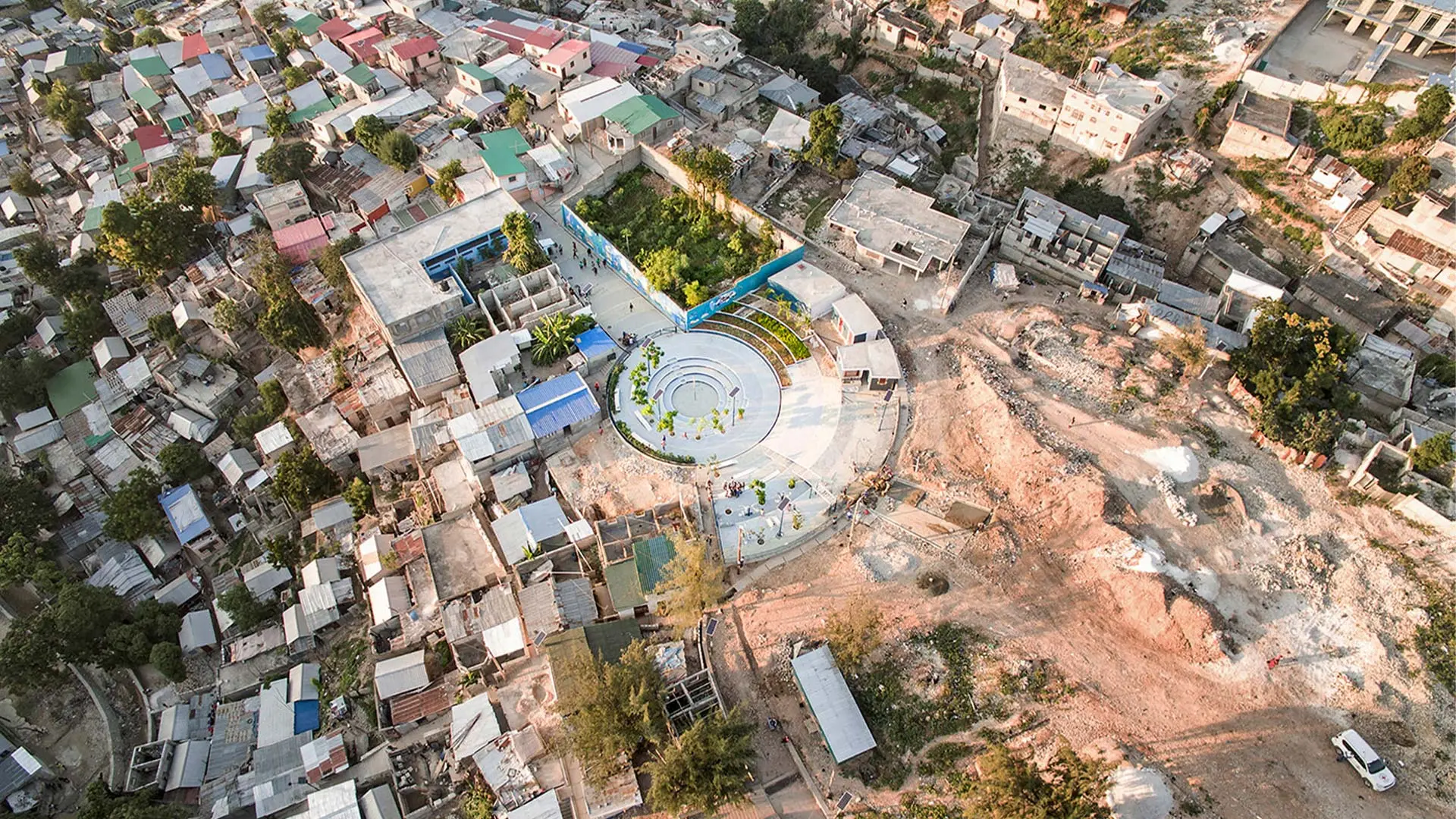
EVA studio, Haiti. Photo Etienne Pernot du Breuil. Retroactive exhibition at MAAT, Central Tejo
From 29 September to 5 December 2022 the Portuguese capital will be hosting the event devoted to architecture, this year focused on the theme Terra. A Triennale that takes stock of the state of the art and calls everyone to action through a cross-disciplinary approach
Now in its sixth edition, the Lisbon Architecture Triennale embraces a theme increasingly dear to us, (the) Earth, understood not just as a planet or material, but a set of communities, systems, solutions to common problems on different scales. A three-year collective research project headed by the chief curators Cristina Veríssimo and Diogo Burnay - appointed by José Mateus, the Triennale’s chairman - who guided a group of curators called on to develop the theme.
The program, lasting 14 weeks, comprises 4 main exhibitions - Retroactive, Cycles, Multiplicity and Visionaries - 15 independent projects, 3 days of debates with Talk Talk Talk, 5 editorial publications, 3 awards and the Lifetime Achievement Award presented to the architect, researcher and educator Marina Tabassum. The result is a Triennale to be discovered, a call to action: with exhibitions, projects and multidisciplinary points of view spread across the varied and beautiful locations of the city that attempt to present an overview, but above all seek to stir consciences to imagine a new future.
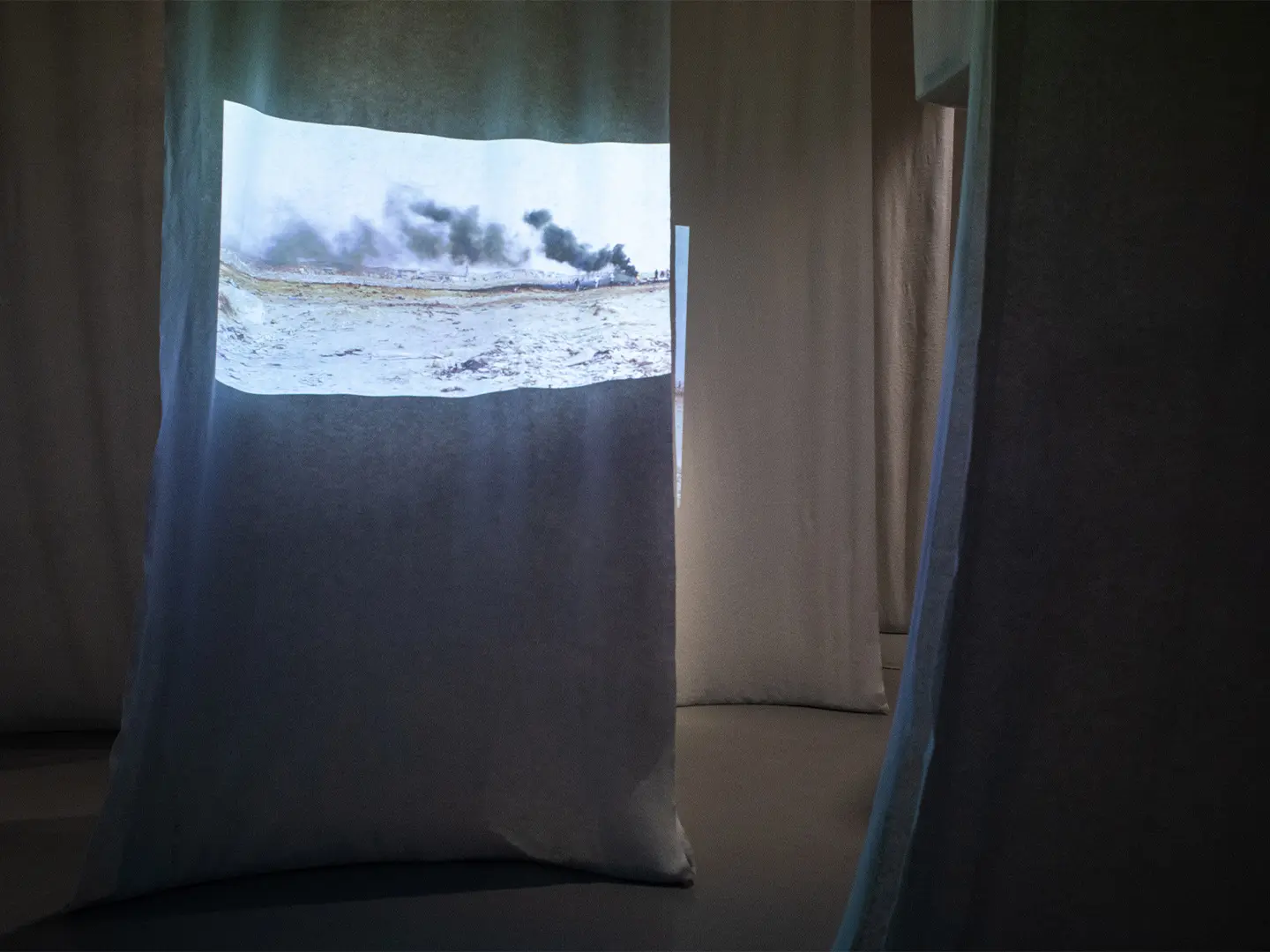
Retroactive exhibition at MAAT, Central Tejo, photo Sara Constança
Retroactive (Infrastructure)
Looking more closely at the details of the exhibitions, Retroactive is curated by the Mexican outfit Taller Capital, Loreta Castro Reguera and José Pablo Ambrosi, and is located in a striking disused thermoelectric power station, the Central Tejo, part of the Fundação EDP campus for art. The exhibition unfolds across 4 chapters. Broken Cities is inspired by differences in the development of cities between Global North and South (northern and southern hemisphere) to present the problems of settlements on the outskirts of cities in the south of the world, cut off from services and infrastructures but growing steadily. Public Initiatives presents ten different NGO operations around the world, such as the repurposing of Berlin’s disused Tempelhof airport for hosting migrants. To these first two selections are added 10 projects that reveal the potential for intervening in these fragmented and marginalized regions and 5 university proposals. The issues addressed across the four sections of the exhibition are: migration, land ownership, overcrowding, waste, water, health, geological vulnerability, violence and mobility.
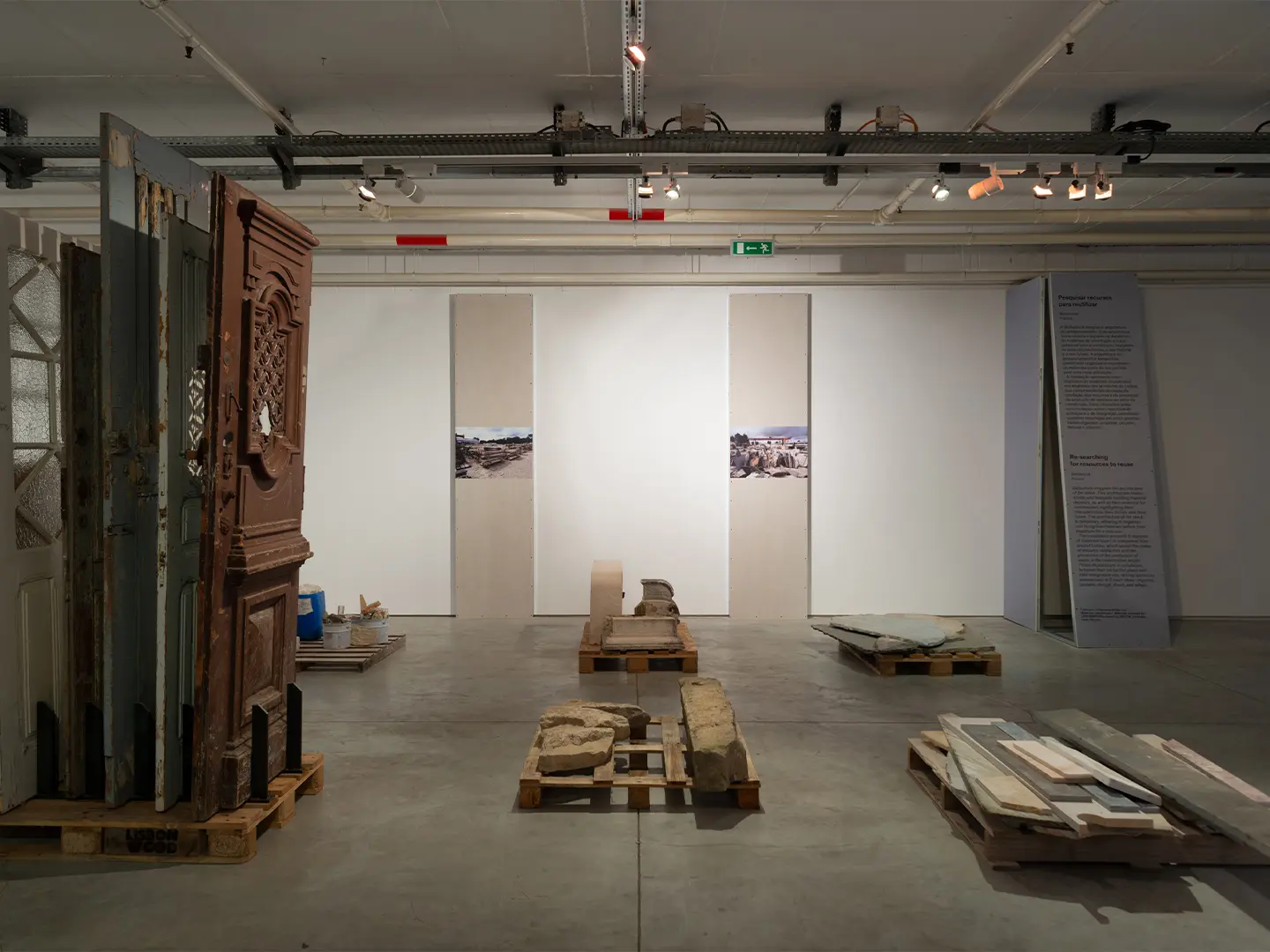
Cycles exhibition at Garagem Sul, Fundação Centro Cultural de Belém, photo Sara Constança
Cycles (The architects who never threw anything away)
Curated by Pamela Prado, art curator, and Pedro Ignacio Alonso, architect, both originally from Chile, Cycles is inspired by Ilya Kabakov's 1977 work, The Man who Never Threw Anything Away. The case exemplified “accumulation disorder”, in which the subject collected waste and catalogued it, so redefining its meaning: no longer waste, but objects in a collection. What if we treated the remains of demolition work and building materials in the same way? The exhibition, in the architecture venue Garagem Sul, Fundação Centro Cultural de Belém, brings together a set of projects, installations and university proposals that seek to redefine these wastes. New materials and points of view emerge by taking into account the costs of energy, times and life cycles.

Bookworm Pavillion, photo Sameer Chawda. Multiplicity exhibition at MNAC
Multiplicity (The problems of the margins)
There are certain places in the world where architecture is made not by architects, but by individuals or organizations that experiment, redefining the boundaries of Architecture. The exhibition at the Galeria Millennium bcp, Museu Nacional de Arte Contemporânea, curated by Tau Tavengwa, from Zimbabwe, co-founder of Cityscapes magazine, and the Indian anthropologist Vyjayanthi Rao, brings together these collective and informal processes. They range from the Community Fridges of Brooklyn Heights, established during the pandemic and organized by a network of hundreds of volunteers, to La Granja Transfronteriza community center, run by the Torolab collective in Tijuana. For 25 years it has been helping the migrant community at Camino Verde with projects ranging from food to art.
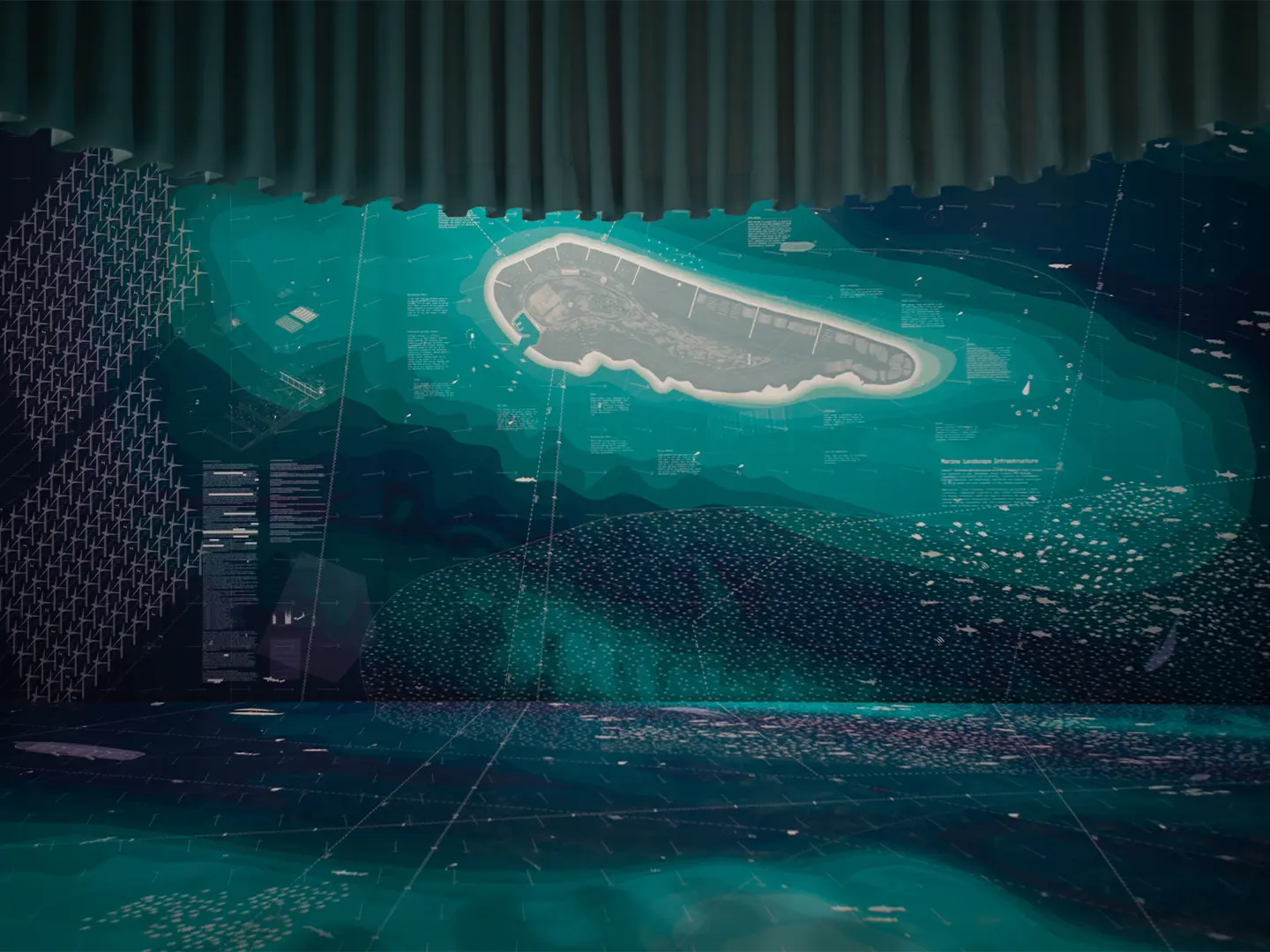
Vionaries exhibition at Culturgest, photo Sara Constança
Visionaries
At Culturgest – Fundação Caixa General de Depósitos, the Russian designer and researcher Anastassia Smirnova and architecture firm SVESMI are presenting the visions of architects, engineers, designers and artists who are trying or have tried to solve a range of contemporary and future problems. This scenic exhibition runs along a stage curtain concealing the ideas of designers such as Bruno Munari, Aristide Antonas, Ensamble Studio, MVRDV, Selgascano, to name only a few. Here again, as in the previous exhibitions, the university proposals are exhibited within the main selection.
At the Palácio Sinel de Cordes, you can view some of the independent projects in this Lisbon Architecture Triennale, while on 26, 27 and 28 October, at the Fundação Calouste Gulbenkian, Talk Talk Talk will be held with some of the key figures at these exhibitions. The aim is to open a debate on the topics that emerge from the event.
Trienal de Arquitectura de Lisboa
29 September - 5 December 2022
For more information visit the website


 Salone Selection
Salone Selection
